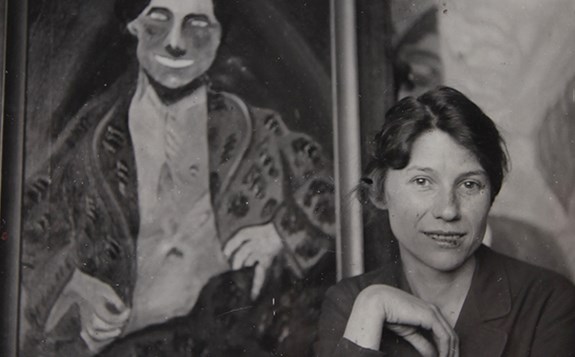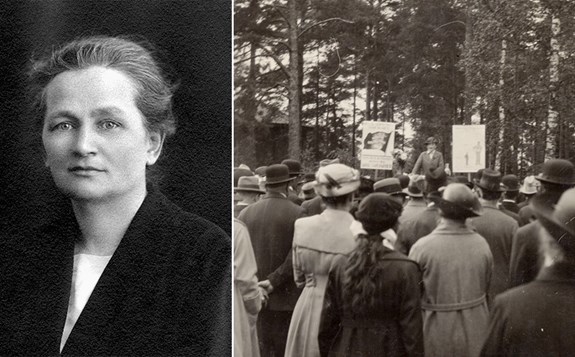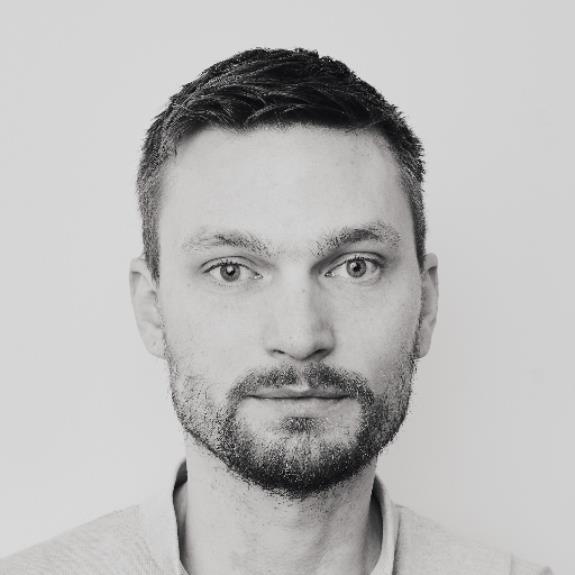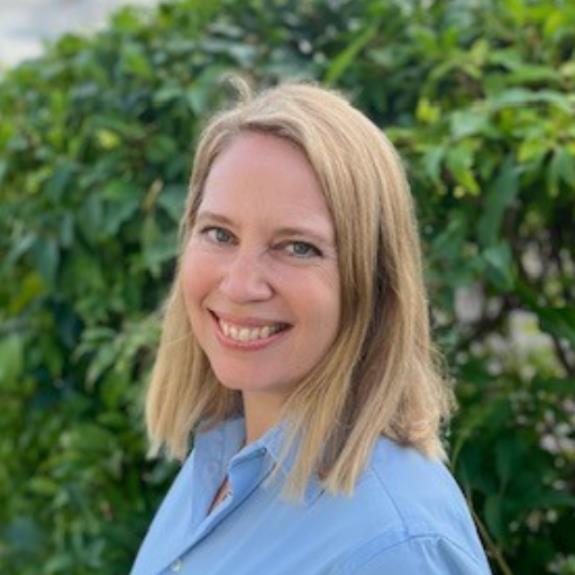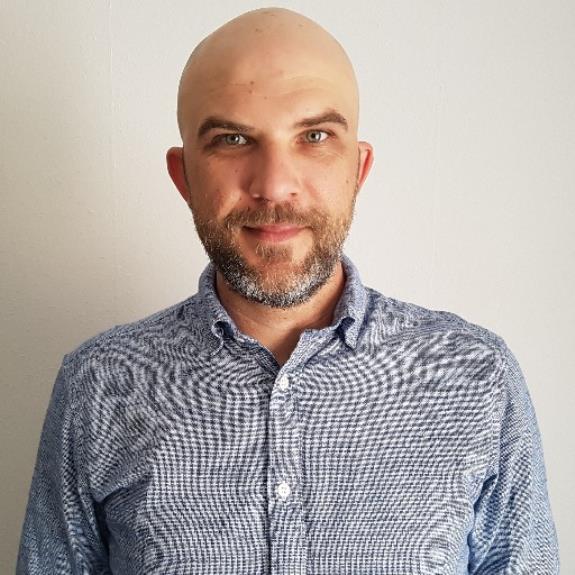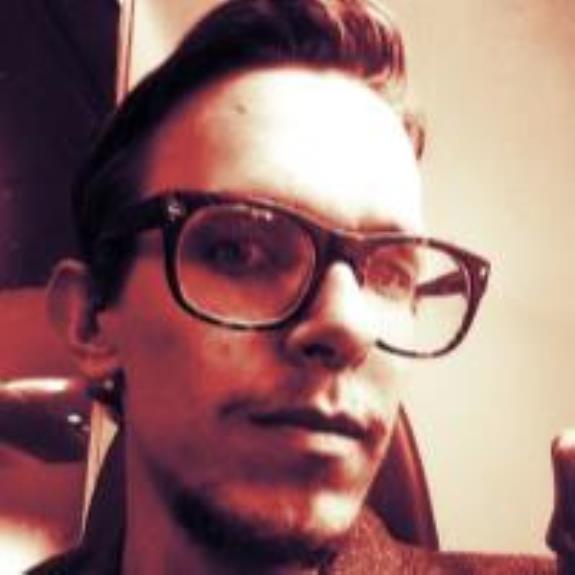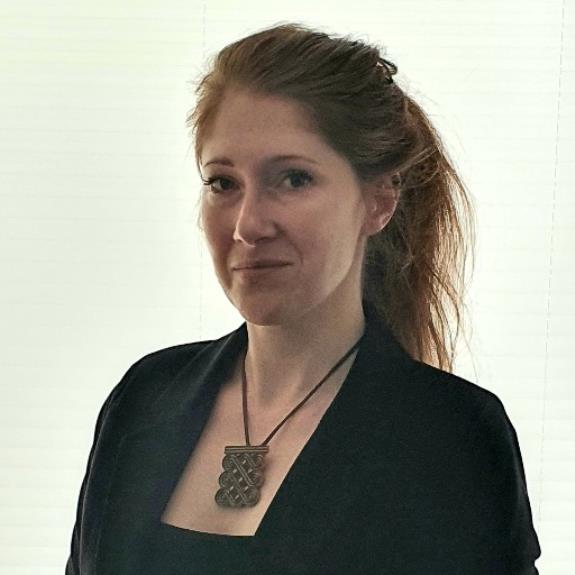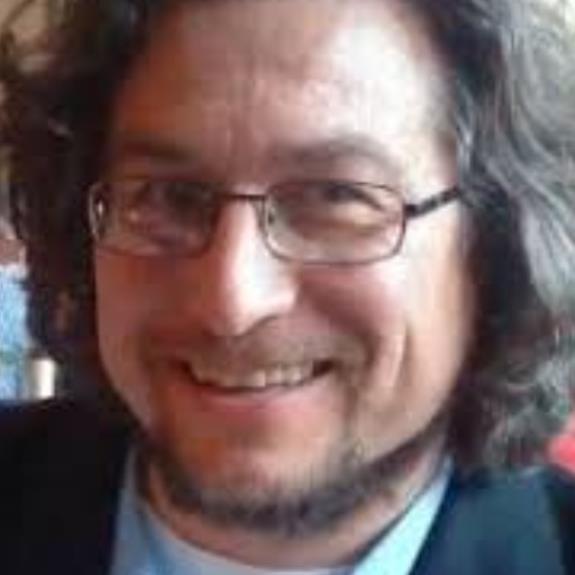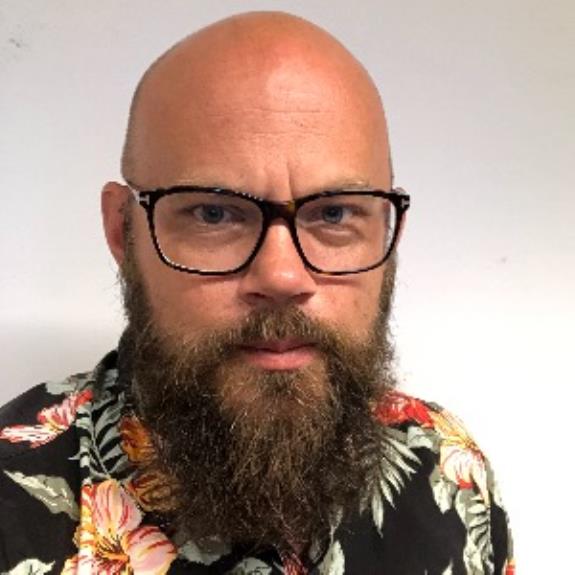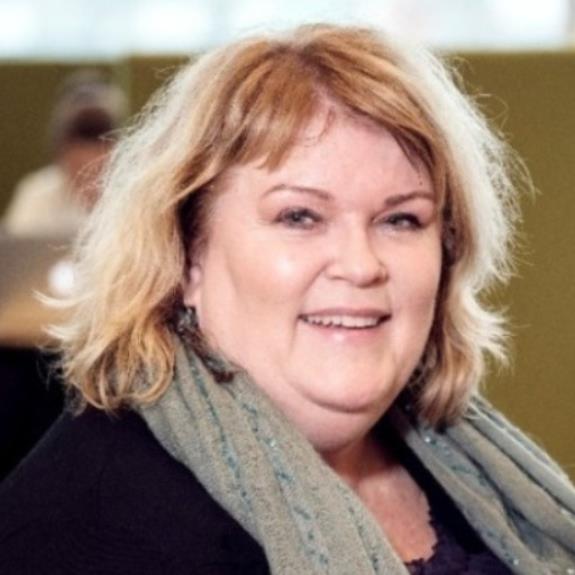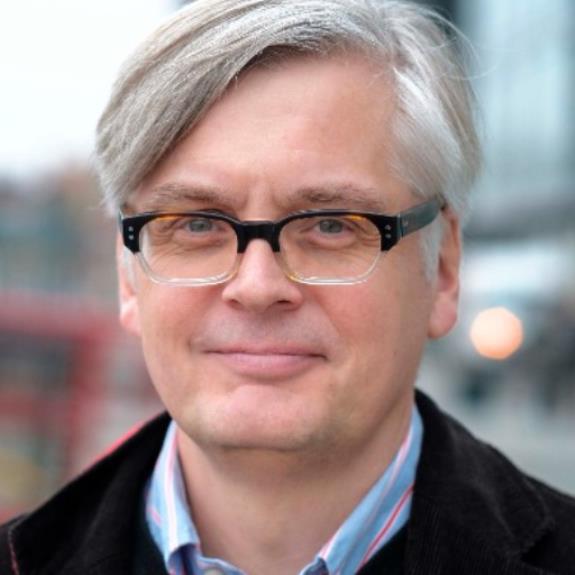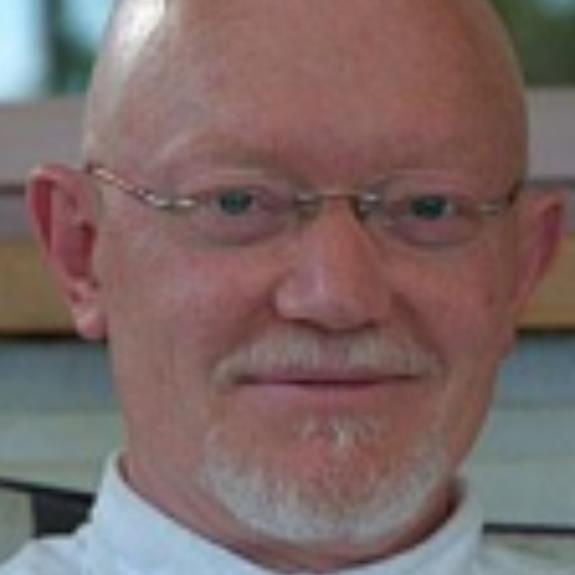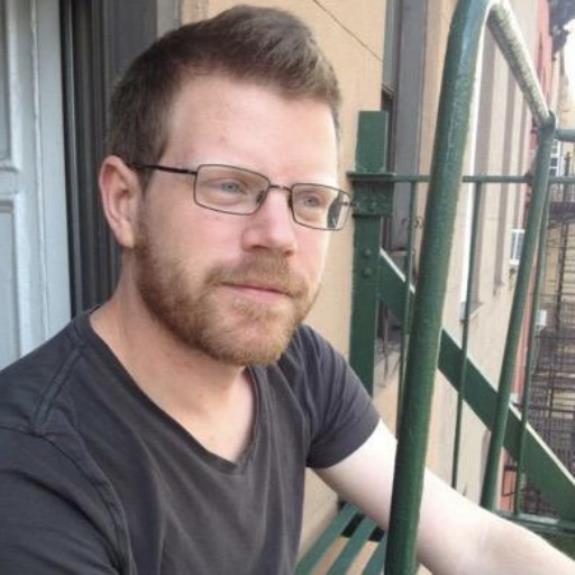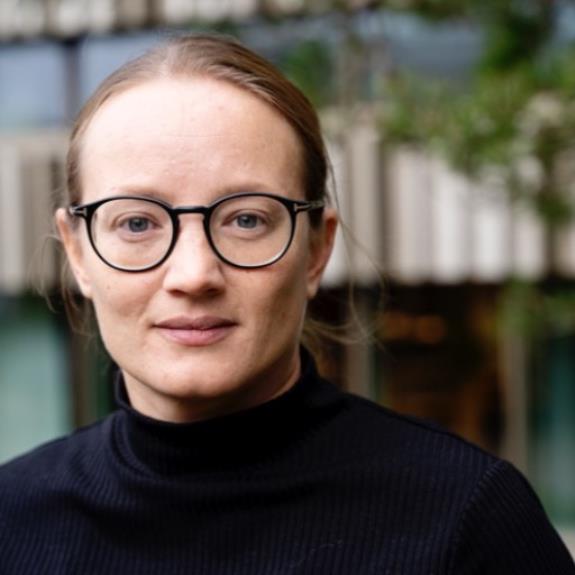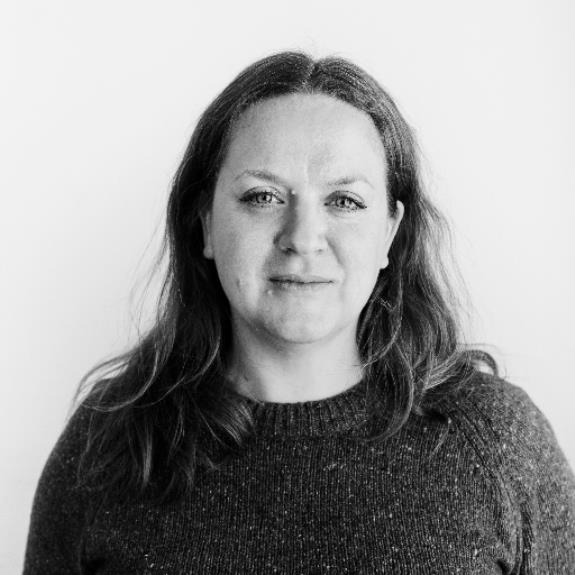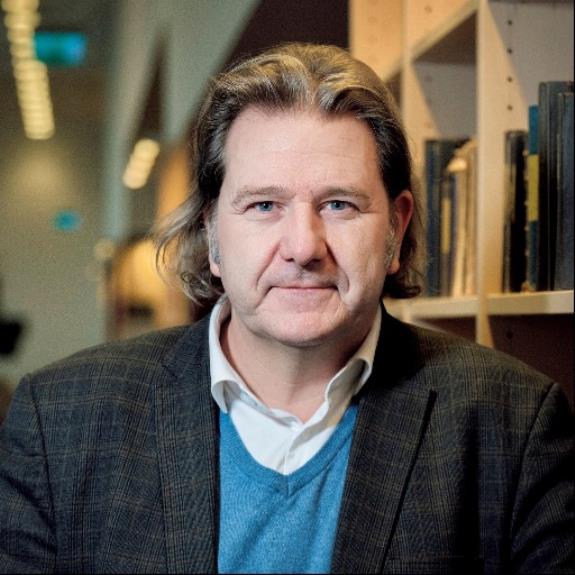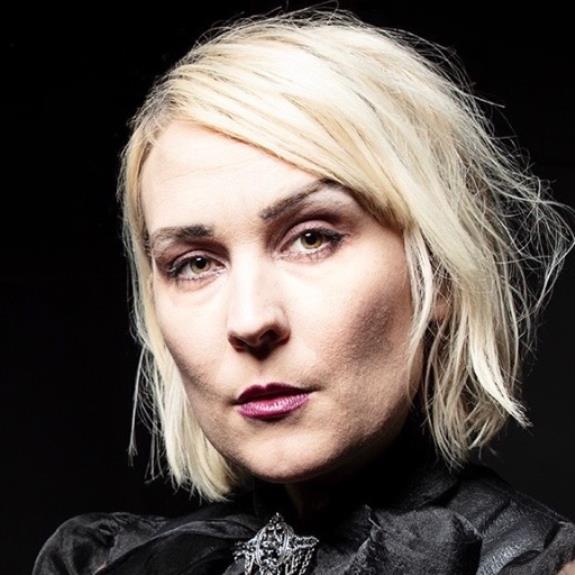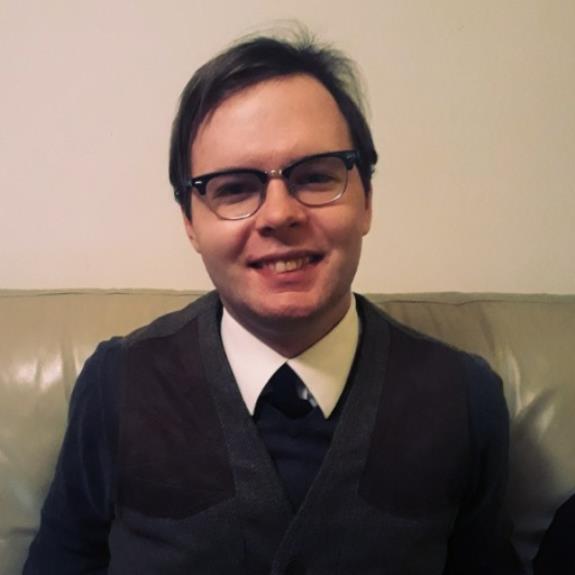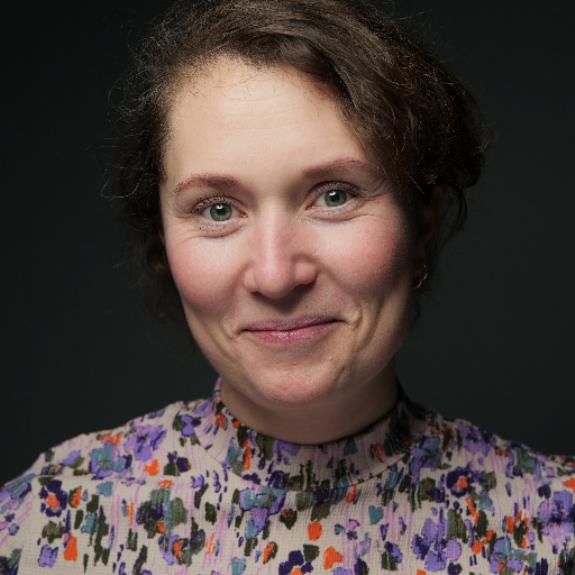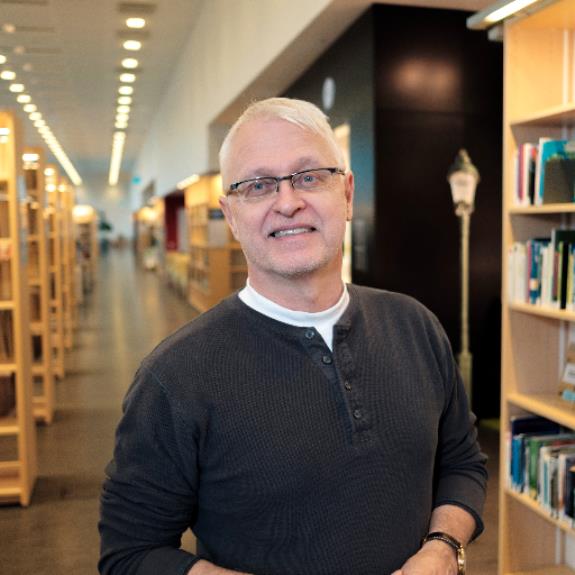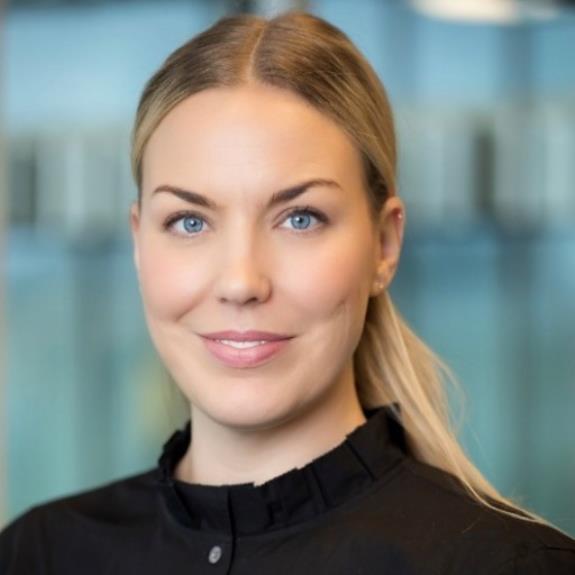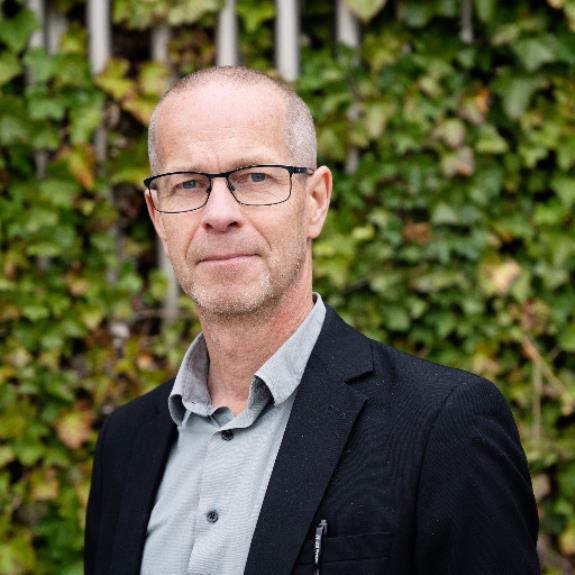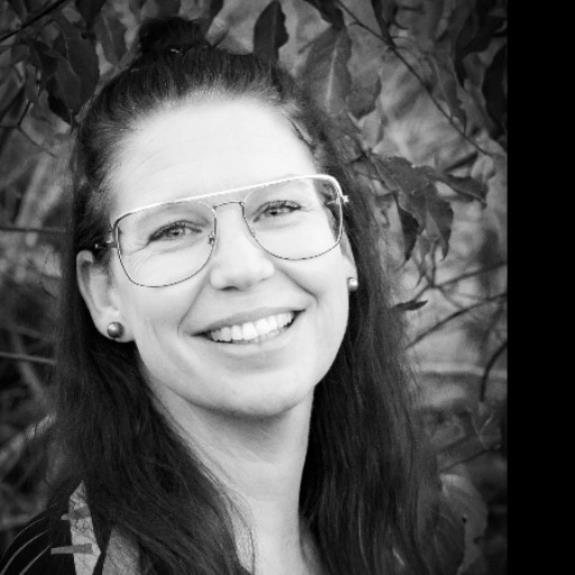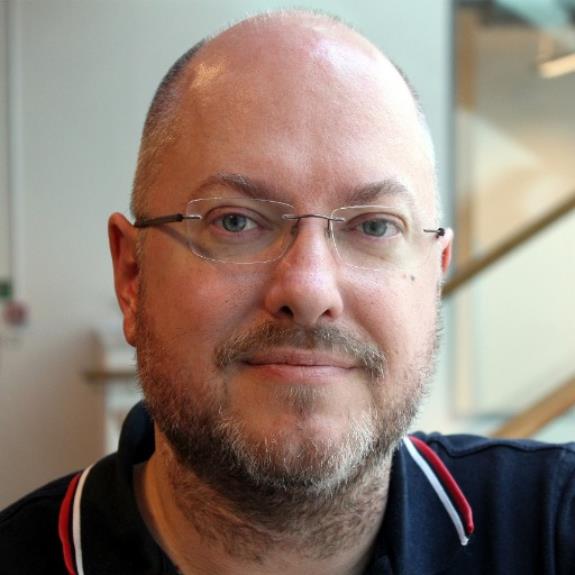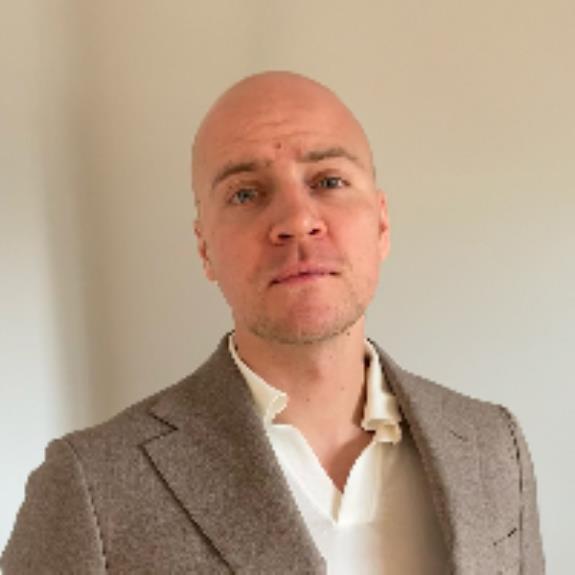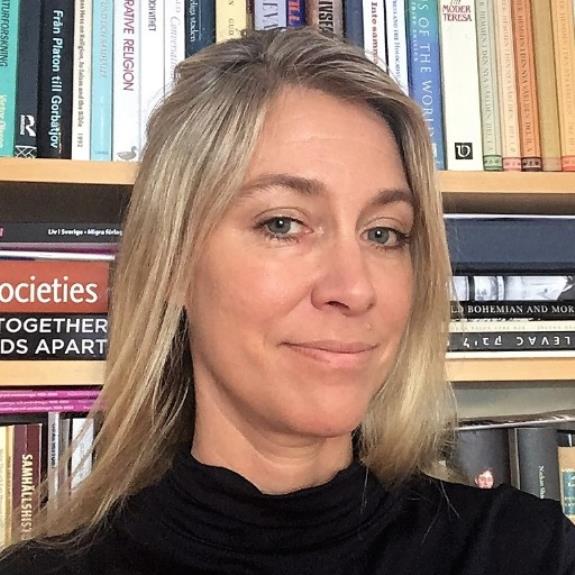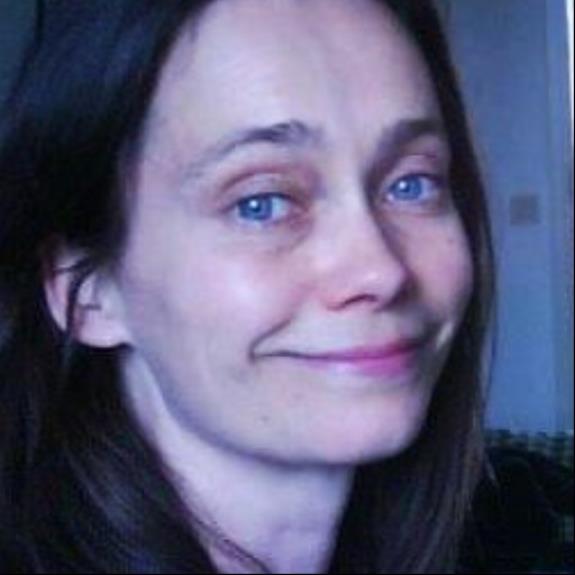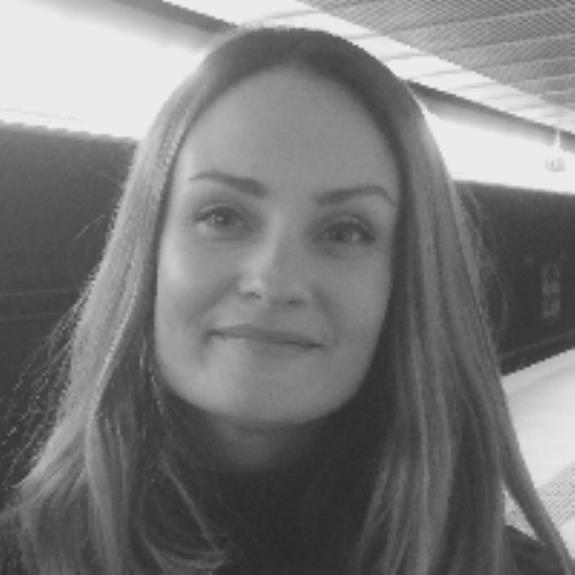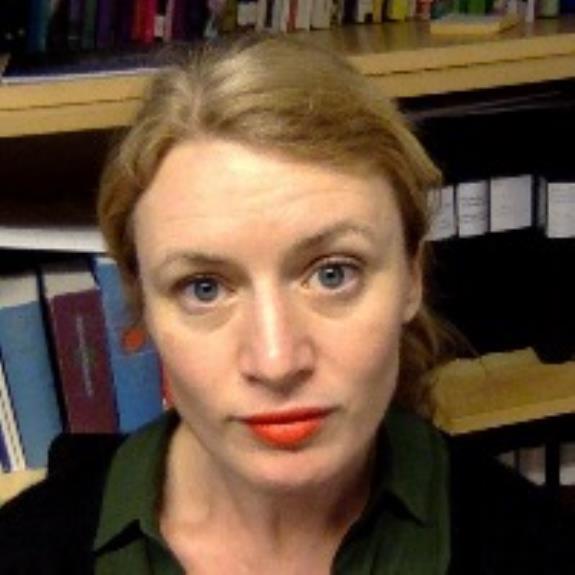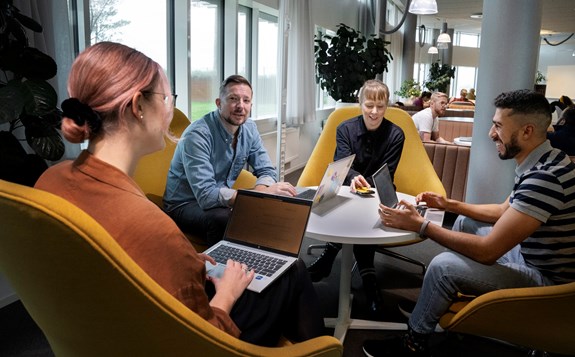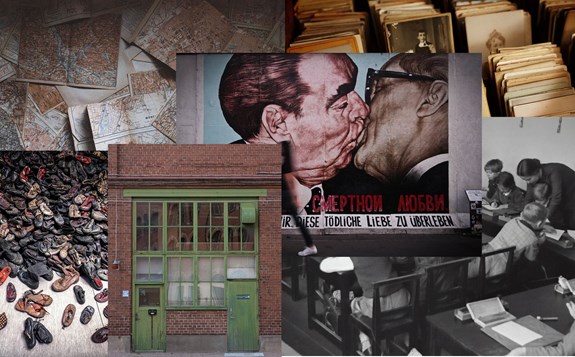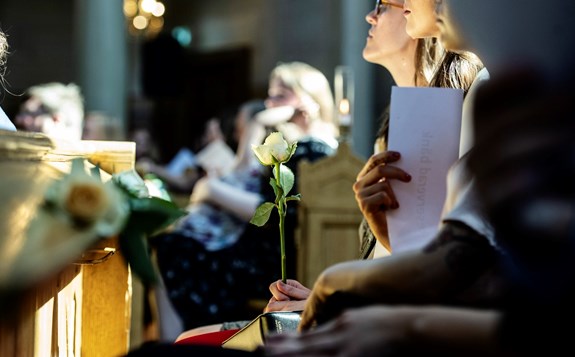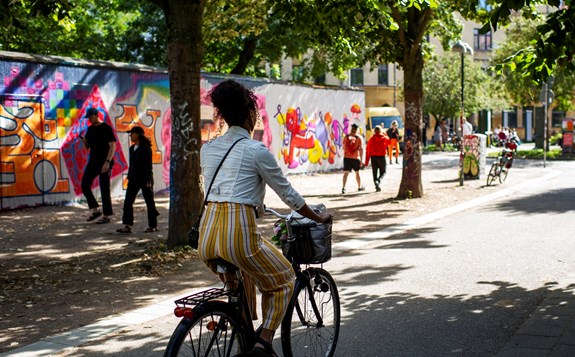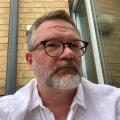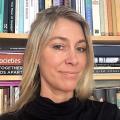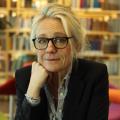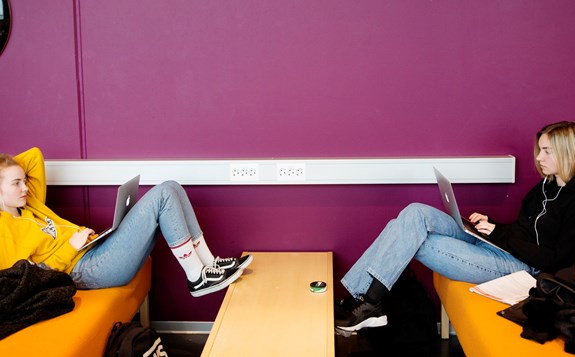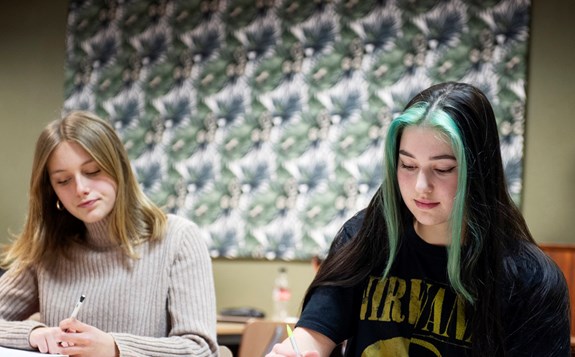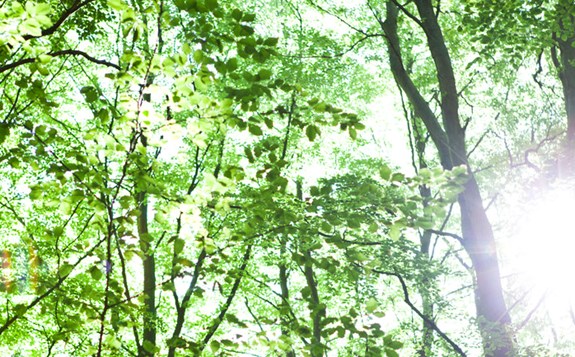We use cookies on this website. Cookies help us deliver the best experience on our website. Read about cookies.
-
- Education
- Education
- Programmes and courses
- Applications and admissions
- Tuition fees
- Scholarships
- Exchange studies at Malmö University
- Study Guidance
-
- After admission
- After admission
- Moving to Malmö
- Pre-orientation
- Arrival guide
-
- About studies at Malmö University
- About studies at Malmö University
- Why choose Malmö University
- Understanding university studies
- Connect with our students
On the page -
- Research
- Research
-
- Doctoral studies
- Doctoral studies
- Doctoral courses
-
- Doctoral schools
- Doctoral schools
- Adaptation of urban space through sustainable regeneration
- ComBine
- Culturally Empowering Education through Language and Literature
- Education, Learning and Globalisation
- Finding ways in a time of great future challenges (FinnFram)
- Swedish National Graduate School in Science and Technology Education Research
- Learning in Multicultural Societal Contexts
- Pedagogy and Vocational Skills
- Relevancing Mathematics and Science Education (RelMaS)
- Sustainable Movement Education
- The National Research School for Professionals in Social Services
- Research subjects
-
- Research centres
- Research centres
- Biofilms Research Centre for Biointerfaces
- Citizen Health
- Imagining and Co-Creating Futures
- Institute for Urban Research
- Malmö Institute for Migration Studies
- Literacy and Inclusive Teaching
- Centre for Work Life Studies
- Sustainable Digitalisation Research Centre
- Centre for Sexology and Sexuality Studies
-
- Research publications
- Research publications
- Search for research publications in Diva
- Malmö University Press
- Research events
- Participate in a research study
- Coffee Break Quiz
On the page -
- Collaboration and Innovation
- Collaboration and Innovation
-
- Levels of collaboration
- Levels of collaboration
-
- Local collaboration
- Local collaboration
- Muvah
- Regional collaboration
- National collaboration
-
- International collaboration
- International collaboration
- UNIC
- Innovation
- Collaboration with students
-
- Collaborate with researchers
- Collaborate with researchers
- Labs and facilities
- Culture collaboration
- Support Malmö University
- Alumni & Friends
On the page -
- About us
- About us
-
- Faculties and departments
- Faculties and departments
-
- Faculty of Culture and Society
- Faculty of Culture and Society
- Department of Global Political Studies
- School of Arts and Communication
- Department of Urban Studies
-
- Faculty of Education and Society
- Faculty of Education and Society
- Department of Childhood, Education and Society
- Department of Sports Sciences
- Department of Culture, Languages and Media
- Department of Natural Science, Mathematics and Society
- Department of Society, Culture and Identity
- Department of School Development and Leadership
- The Centre for Teaching and Learning (CAKL)
-
- Faculty of Technology and Society
- Faculty of Technology and Society
- Department of Computer Science and Media Technology
- Department of Materials Science and Applied Mathematics
- Faculty of Odontology
- University Dental Clinic
-
- Find and contact Malmö University
- Find and contact Malmö University
- Visit Malmö University
-
- News and press
- News and press
- Graphic manual
- Map of the buildings (Google Maps)
- Merchandise
- Supplier information and invoice management
- Whistleblowing
- We will help you with your questions
- Management and decision-making paths
-
- Malmö University's strategy 2030
- Malmö University's strategy 2030
- Sustainability
- Widened recruitment and participation
- Quality assurance work at the University
-
- Malmö Academic Choir and Orchestra
- Malmö Academic Choir and Orchestra
- Student work – video pieces
-
- Annual Academic Celebration
- Annual Academic Celebration
- Academic traditions
- Meet our new professors
- Meet our new doctors
- Honorary doctors
-
- The University in a troubled world
- The University in a troubled world
- Campus total defence
On the page
Department of Society, Culture and Identity
Society, Culture and Identity
The Department of Society, Culture and Identity is a multidisciplinary department operating at the intersection between the humanities and social sciences. Our focus is on issues related to the relationship between people and society.
Education at Society, Culture and Identity
The Department of Society, Culture and Identity conducts teacher training, study and career counsellor training and history studies. We offer three programmes for subject teachers: Social Science and Learning, History and Learning and Religious Studies and Learning. The department is also responsible for first-cycle studies in socially oriented subjects for preschool and years 1-6. This includes the course in Montessori pedagogy. The department has overall responsibility for history programmes and courses at Malmo University at first, second and third cycle.
Socially oriented subjects for preschool and years 1-6
The department is responsible for teacher training courses in socially oriented subjects at first-cycle level. These courses integrate subject and subject-specific didactics in geography, history, religion and social science. Both a classroom and critical social perspective are applied to the courses.
Heads of subject:
Degree of Master of Arts/Science in Secondary Education
History and Learning
Specialist teacher training in history integrates three aspects of the subject: subject knowledge, methodology and didactics. This will prepare you for professional practice as a history teacher. The programme is permeated by the understanding that the actions of people in the past continue to have effects into the future. Today, we live with the problems and opportunities created for us by those who came before us. In the same way, we are creating the conditions for the people who will come after us. We are both creations and creators of history.
Heads of subject:
Religious Studies and Learning
Issues of religion and ethics, and religion’s role in society, are constantly being raised today, both in Sweden and around the world. A modern, global, inclusive and diverse society places many demands on people.
Head of subject:
Social Science and Learning
Social Science and Learning studies and problematises social issues based on people, society and politics.
Head of subject:
History and Learning
In History and Learning, we study social changes over time from sociohistorical and cultural analytical points of departure. Starting with a bottom-up approach, specific people and their living conditions are the focus of attention from perspectives such as class, gender, generation and ethnicity. The subject focuses on how living conditions and cultures have and continue to change in interaction with social structures and ecological conditions. The interplay between humans as culture-creating protagonists and their social, political and ecological surroundings are therefore studied through the lens of change. The critical cultural analysis provides a theoretical perspective that permeates the subject. The production, consumption, communication and reception of history and cultural heritage is studied from a social perspective.
Head of subject:
Study and careers counsellors
The study programme for study and careers counsellors is a combination of behavioural science, social science, counselling methodologies and work placement (VFU). The programme deals with theoretical aspects of sociology, psychology, pedagogy and working life and the labour market.
Head of subject:
Peter Gladoic Håkansson
Third-cycle studies: History and Didactics
History and Didactics study how societies and their citizens’ living conditions and experiences change over time. This research is characterised by a striving to write history ‘from the bottom up’, thus rendering visible the perspectives of previously marginalised groups.
The didactics of history are closely linked to this question: how is history produced, conveyed and received, both in an educational context and in society at large?
Research at the Department of Society, Culture and Identity
Researchers in the department are active in the humanities and other socially relevant research fields, across disciplinary boundaries. We also conduct subject-didactic research. In our research, we strive to contribute to a culturally, socially, economically and ecologically sustainable society with the help of cultural analytical and socially critical perspectives and methods. Our research is conducted in close collaboration with actors and institutions from the surrounding society, such as schools and cultural heritage institutions. We are interested in people's living conditions and experiences of the present and the past, and our research often emphasises the perspectives, learning, cultural heritage, religion, and history of marginalised groups. The department encompasses a doctoral programme in history and history didactics that is conducted in close connection with the National Graduate School in Historical Studies and the graduate school 'Finna vägar i en tid av stora framtidsutmaningar (FinnFram)' — 'Finding pathways in a time of great future challenges'.
Researchers, publications and research projects
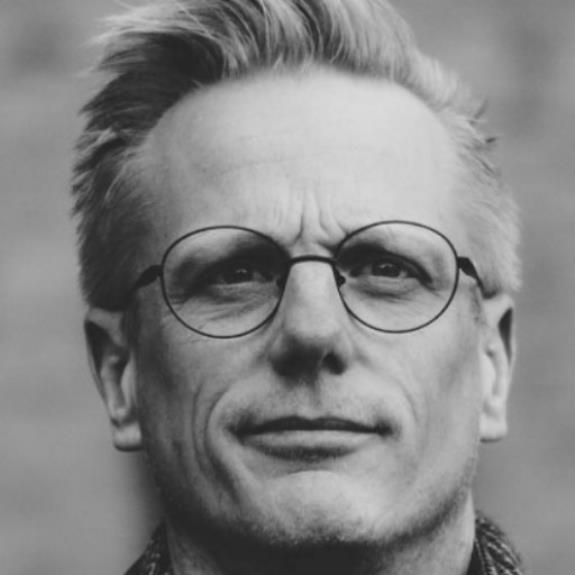
Fredrik Alvén
Cecilia Axelsson Yngvéus
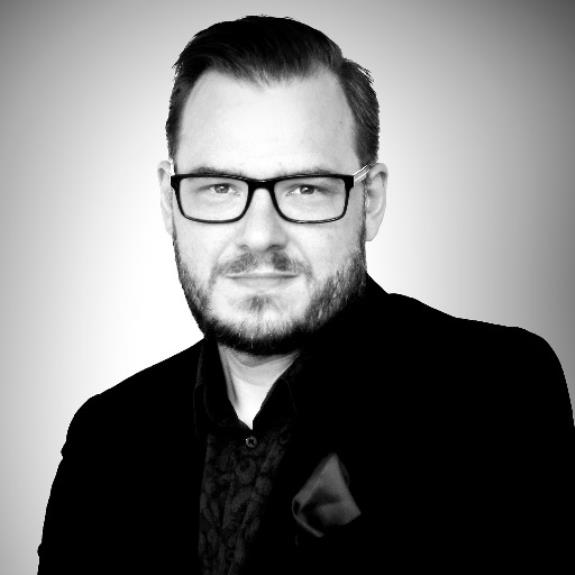
Mikael Bruér
Ingmarie Danielsson Malmros
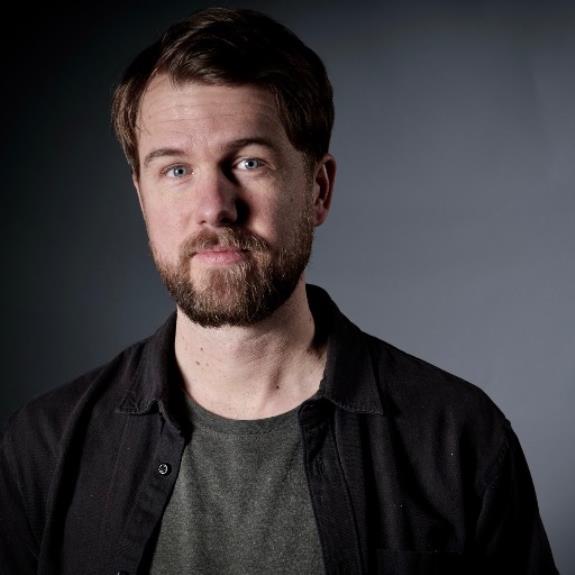
Robin Ekelund
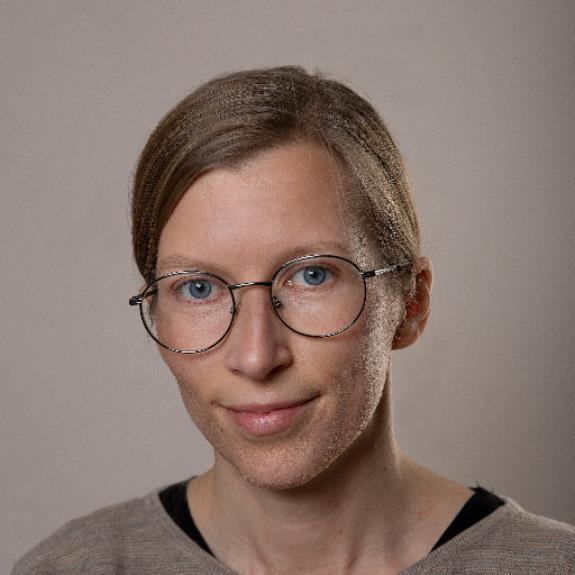
Elin Ennerberg
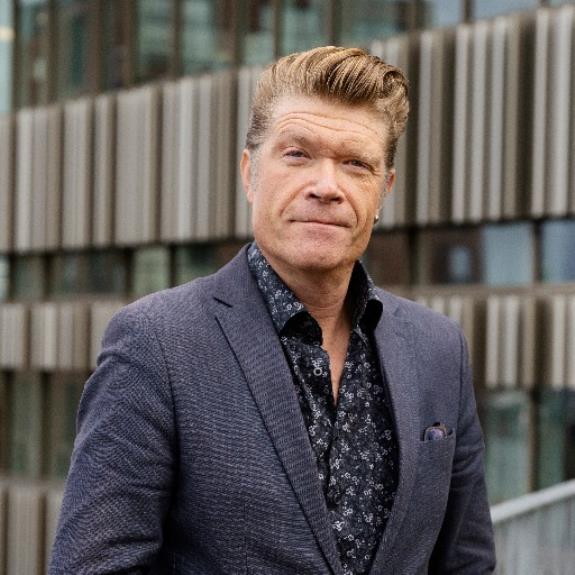
Peter Gladoic Håkansson
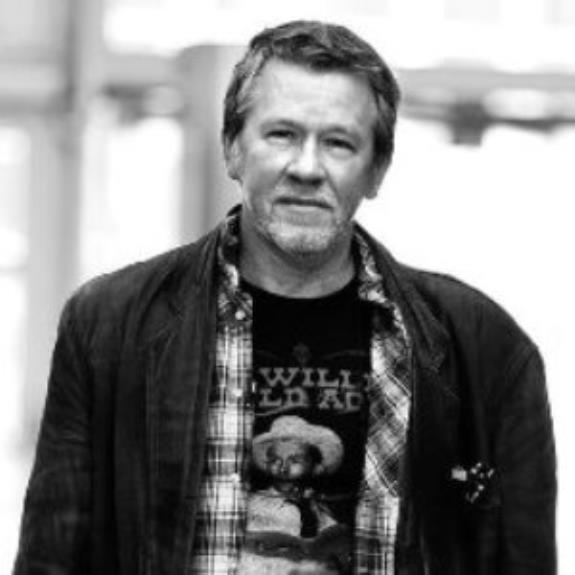
Mats Greiff
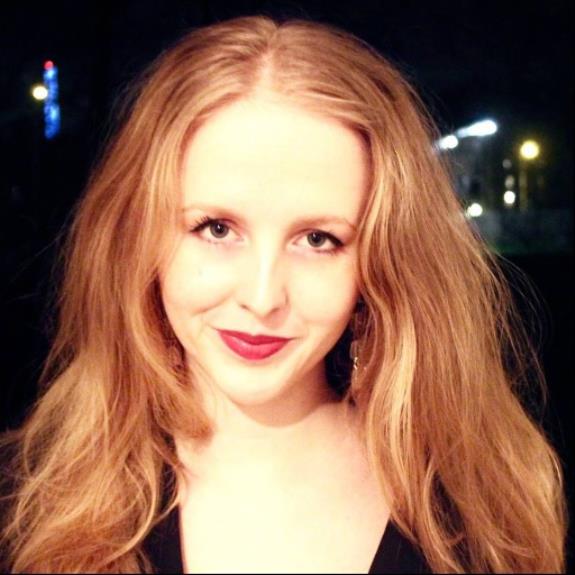
Manon Hedenborg White
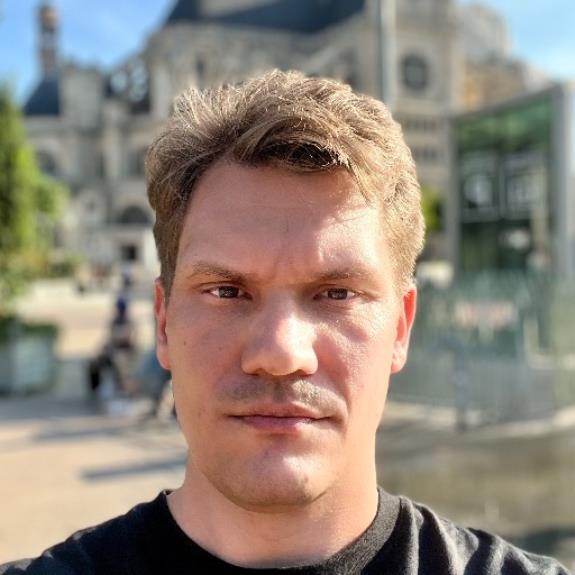
Robert Nilsson Mohammadi
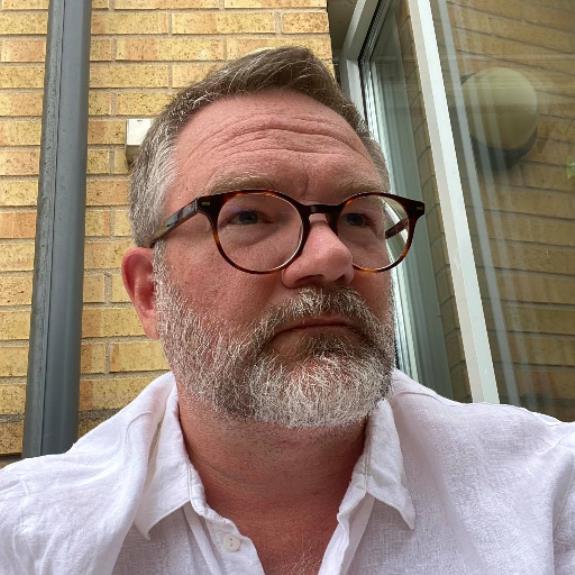
Stefan Nyzell
-
2026 | Article in journal
Religion, spirituality, or stress management?: Mindfulness and meditation in Swedish textbooks for Religious Education and Physical Education and Health
Manon Hedenborg White, Torun Mattsson
-
2026 | Article in journal
Why differences in national test results are critical beyond the grades: Historical knowledge as (un)equally distributed prerequisites for societal participation
David Rosenlund, Johan Deltner, Mikael Bruér, Magnus Persson
-
2026 | Collection (editor)
Comics is...: Debating the Subject of Comics Studies
Martin Lund
-
2026 | Chapter in book
Excursus: Comics Isn't: On Definition and its Discontents, or: Every Rose Has its Thorn
Martin Lund
-
2026 | Chapter in book
Comics Is...: A Question of Definition and Theorization
Martin Lund
-
2026 | Article in journal
The International Peace Movement and the Labor Movement, 1889–1914: Agency and Relationships in the Peace Struggle
Fredrik Egefur
-
2026 | Article in journal
The change in values on homosexuality and abortion in Croatia, Serbia, and Slovenia 1995–2020
Peter Gladoic Håkansson, Dubravka Gladoić Håkansson
-
2026 | Article in journal
Care biographies: Challenging narratives of declining intergenerational care within strong welfare states
Sara Eldén
-
2025 | Other
Proximal authority: Towards a theory of how favoritism and gender shape authority
Manon Hedenborg White
-
2025 | Conference paper
Power and proximity: Wicca and women's religious authority
Manon Hedenborg White
-
 Research project
Research projectWicca in Scandinavia: an ethnography of teaching and learning religion
olivia.cejvan@mau.se -
 Research project
Research projectSiblinghood as support and risk. A study of young siblings of criminals
sara.elden@mau.se -
 Research project
Research projectMonument, memory, and reparation
robert.mohammadi@mau.se -
 Research project
Research projectTeaching and Learning Religion: Educational Practices in Swedish Wicca
olivia.cejvan@mau.se -
 Research project
Research projectProximal authority: towards a theory of how favoritism and gender shape authority
manon.hedenborg-white@mau.se -
 Research project
Research projectHistory teaching that promote pupils' handling of historical accounts - An intervention study in collaboration between teachers and...
david.rosenlund@mau.se -
 Research project
Research projectThe politics of mineral extraction: Ghana's Artisanal and Small Scale Mining Sector in perspective
joel.agbesinyale@mau.se -
 Research project
Research projectRUT tax deductions for the elderly: New conditions for care practices
sara.elden@mau.se -
 Research project
Research projectMemory and Activism. Survivors Remembering, Commemorating and Documenting the Holocaust
malin.thor@mau.se -
 Research project
Research projectTo establish a sense of community: The local cultural heritage in social studies education in primary school
cecilia.trenter@mau.se -
 Research project
Research projectLearning, prevention and consequences of antisemitism in the Swedish educational system
malin.thor@mau.se -
 Research project
Research projectOn collecting memories of the Holocaust in Sweden, a network for transdisciplinary practices and perspectives on collecting/collections and...
-
 Research project
Research projectPrecaNord: Tackling Precarious and Informal Work in the Nordic Countries
sara.elden@mau.se -
 Research project
Research projectThe Ethical Dilemmas of Digitalization: Vulnerability and Holocaust collections.
malin.thor@mau.se -
 Research project
Research projectExiled: Activism, Identity and the African National Congress of South Africa in Sweden
emma.lundin@mau.se
Research subjects
Collaboration at Society, Culture and Identity
Our education and research is conducted in close collaboration with surrounding communities. Please feel free to contact us with proposals for collaborations with our researchers or students.
National test in history
The Swedish National Agency for Education has been tasked by the Swedish Government with developing and implementing national tests in collaboration with higher education institutions. The task of developing the national test in history for year 9 students has been entrusted to Malmö University.

